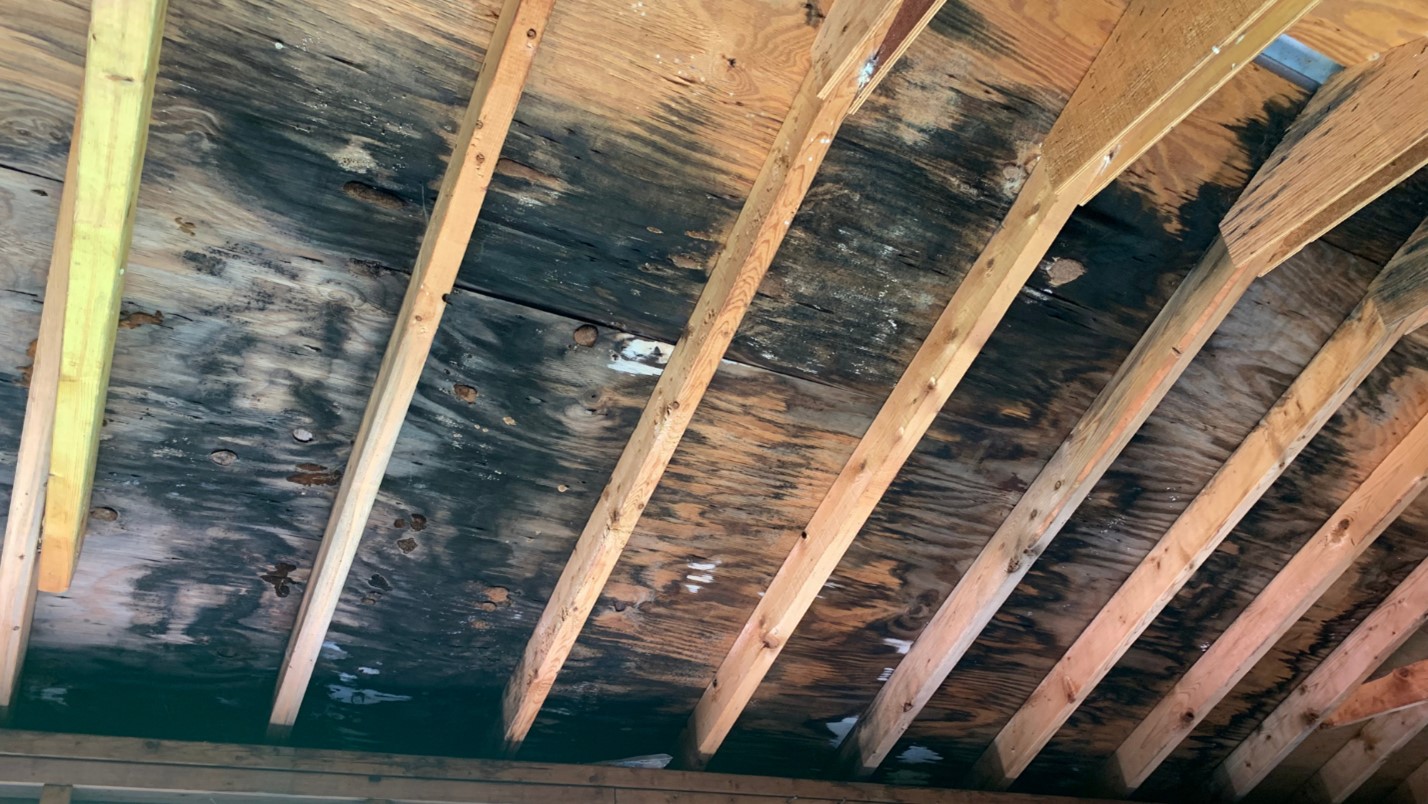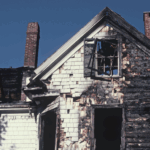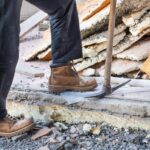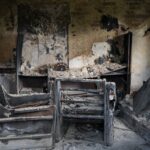Mold can seem like a minor nuisance at first, but prolonged exposure can lead to significant health risks and potentially serious damage to your home. Whether you’re dealing with a small patch in the bathroom or an entire room with mold issues, understanding the dangers can help you act quickly to safeguard your health and property with proper mold removal Marin County.
What is Mold, and How Does It Develop?
Mold is a type of fungus that grows in moist environments, particularly in areas with poor ventilation. It thrives on organic materials like wood, drywall, and carpet. Common areas where mold can form include basements, bathrooms, kitchens, and anywhere there is a leak or high humidity.
Mold and Water Damage
It is important to manage water damage in your home because when water damage occurs, or there is prolonged moisture in your home, mold spores can spread quickly, taking only 24 to 48 hours to establish and grow. Once mold takes root, it can release spores into the air, which is when the real dangers begin.
The Health Risks of Mold Exposure
Mold exposure can pose serious health risks, especially for those with respiratory issues, allergies, or weakened immune systems. The symptoms of mold exposure can range from mild irritation to severe respiratory distress. It’s important to know when to call a professional for mold removal to help prevent health issues like the following:
Allergic Reactions
Many people are sensitive to mold spores and may experience sneezing, runny nose, itchy eyes, and skin rashes when exposed to mold. These allergic reactions can worsen over time if the exposure continues.
Respiratory Issues
Prolonged exposure to mold can irritate the respiratory system, leading to coughing, wheezing, and difficulty breathing. In individuals with asthma or other respiratory conditions, mold can trigger severe asthma attacks or exacerbate existing breathing problems.
Chronic Conditions
Long-term exposure to certain types of mold, particularly black mold, can lead to more chronic conditions. Black mold produces mycotoxins that can have toxic effects on the body, leading to symptoms like fatigue, headaches, and even neurological issues.
How Mold Affects Your Home
Beyond the health risks, mold can also cause extensive damage to your home making it crucial to know how to tell if you have mold in your house. Mold growth can weaken the structure of your home, damage insulation, and ruin surfaces like drywall, wood, and carpet. If left unchecked, mold can spread behind walls, in ceilings, and through ventilation systems, making it more difficult and costly to remove.
Structural Damage
Mold can weaken walls, floors, and ceilings by feeding on organic materials like wood and drywall. Over time, this can compromise the structural integrity of your home, leading to costly repairs.
Aesthetic Damage
Mold often leaves behind unsightly stains and discoloration, especially on porous surfaces like walls and ceilings. Even after mold is removed, these stains can be difficult to clean and may require repainting or replacement.
Decreased Property Value
Mold infestations can lower the value of your home, making it harder to sell. Prospective buyers are often wary of homes with a history of mold, especially if the problem has not been fully resolved.
Helping Keep Your Home Clear of Mold – Pacific Restoration
If you need professional mold remediation, Pacific Restoration is here to help. Our team of experts can help you remove mold from your property so that you can keep yourself and your family healthy. If you suspect mold growth in your home, contact Pacific Restoration today or give us a call at (888) 335-3934. Let us handle your restoration so you can breathe easy.
Director of Operations
Jenny Villena is the Director of Operations at Pacific Restoration & Construction, a full-service property restoration company specializing in water, fire, mold, and storm damage recovery. Based in Santa Rosa, California, she oversees daily operations, project coordination, and client relations across both residential and commercial divisions.
Jenny is known for her organizational expertise, calm leadership style, and commitment to guiding clients through the restoration process with empathy and professionalism. With a background in construction management and customer care, she ensures every project is handled efficiently, safely, and in line with Pacific’s high service standards. Her work supports the company’s mission of rebuilding not just properties—but peace of mind.







